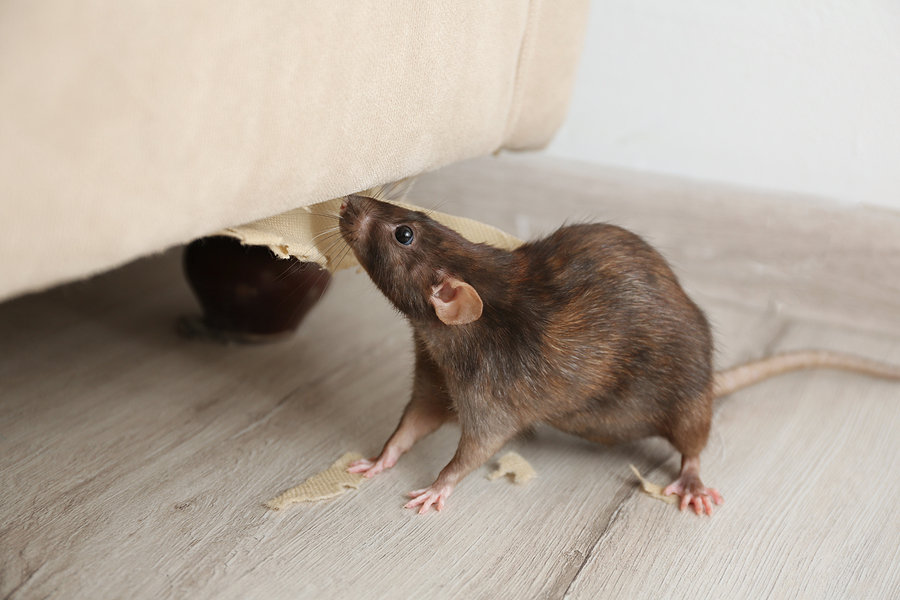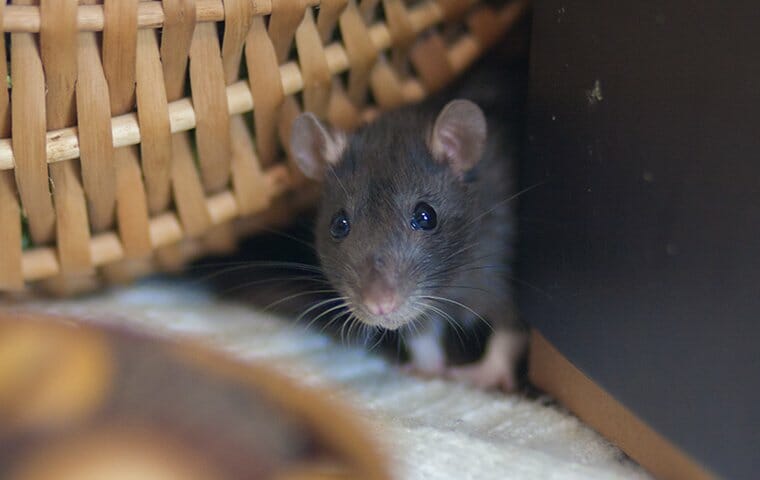Introduction to Non-toxic Rodent Exclusion Strategies
Rodents are a common problem in many households, posing health risks and causing property damage. While there are numerous methods to deal with rodent infestations, not all are safe for humans, pets, or the environment. Thankfully, non-toxic rodent exclusion strategies offer effective ways to keep these pests at bay without resorting to harmful chemicals or traps. In this article, we will explore various methods that ensure a rodent-free home using safe and natural techniques.

Why Choose Non-toxic Methods?
Traditional rodent control often involves the use of poisons and traps that can pose risks to children and pets. Additionally, these methods can harm the environment and disrupt local ecosystems. By opting for non-toxic rodent exclusion strategies, homeowners can protect their families and the planet while effectively managing rodent problems. Moreover, these methods are often more sustainable and humane, focusing on prevention rather than elimination.
Understanding Rodent Behavior
To effectively implement non-toxic rodent exclusion strategies, it's crucial to understand the behavior of rodents. Rodents are drawn to places that provide food, water, and shelter. Therefore, eliminating these attractants can significantly reduce the likelihood of an infestation. Rodents are also known for their ability to squeeze through tiny openings, making it essential to seal any potential entry points in your home.
Identifying Entry Points
A critical step in rodent exclusion is identifying and sealing entry points. Look for gaps around doors, windows, and utility lines. Pay special attention to areas where pipes and wires enter the home, as these are common entry points for rodents. Use materials such as steel wool, caulk, or metal mesh to seal these gaps effectively.
Natural Repellents
Several natural repellents can deter rodents without harming them or the environment. For instance, peppermint oil is a popular choice due to its strong scent, which rodents find unpleasant. To use peppermint oil as a repellent, soak cotton balls in the oil and place them in areas where rodents are likely to enter, such as basements, attics, and kitchens. Check out this peppermint mouse repellent spray for more detailed instructions.
Planting Deterrents
Some plants naturally repel rodents, making them an excellent addition to your garden or home. Mint, for example, is known for its ability to deter mice and other pests. Planting mint around the perimeter of your home or in pots near entry points can help keep rodents at bay. Learn more about planting mint as a deterrent.
Maintaining a Clean Environment
One of the simplest yet most effective non-toxic rodent exclusion strategies is maintaining a clean environment. Rodents are attracted to food and clutter, so keeping your home tidy can significantly reduce the chances of an infestation. Store food in airtight containers, regularly clean kitchen surfaces, and promptly dispose of garbage. Additionally, decluttering areas like basements, attics, and garages can make your home less inviting to rodents.
Landscaping Tips
Proper landscaping can also play a role in rodent exclusion. Trim back any overgrown shrubs or trees that are close to your home, as these can provide shelter and easy access for rodents. Additionally, maintaining a tidy yard by removing debris and fallen fruits can help deter rodents. For more tips, consider reading about landscaping to prevent mice.
The Role of Baking Soda
Baking soda is another natural deterrent that can be used in rodent control. When ingested by rodents, baking soda reacts with their stomach acids to produce gas, which they cannot expel, leading to their demise. To use baking soda as a deterrent, mix it with cornmeal and place it in areas frequented by rodents. For a detailed formula, check out this baking soda and cornmeal bait formula.
Conclusion
Implementing non-toxic rodent exclusion strategies can be both effective and eco-friendly. By understanding rodent behavior, sealing entry points, using natural repellents, and maintaining a clean environment, homeowners can protect their properties without resorting to harmful chemicals. For additional insights on keeping your home rodent-free, explore this comprehensive guide on rodent control.

FAQs
What are the best natural repellents for rodents?
Peppermint oil, mint plants, and baking soda are among the most effective natural repellents for rodents.
How can I seal entry points to prevent rodents?
Use materials like steel wool, caulk, or metal mesh to seal gaps around doors, windows, and utility lines.
Is it possible to keep my home rodent-free without chemicals?
Yes, by implementing non-toxic strategies such as sealing entry points, using natural repellents, and maintaining cleanliness, you can keep your home rodent-free without chemicals.
